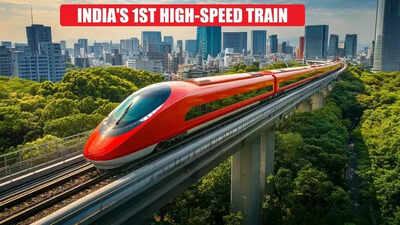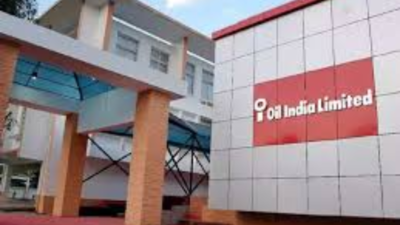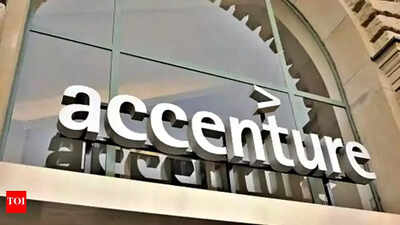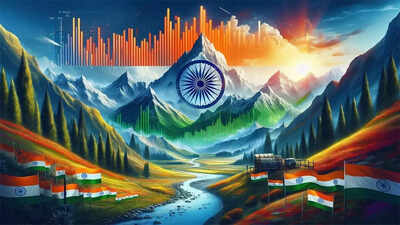Bullet train project bets on European signalling technology; talks on for Japanese Shinkansen trainsets

India’s first bullet train project is on track with the country set to finalise a comprehensive signalling and telecommunication system contract. The signalling contract will be for vendors who are offering European technology after successfully evaluating technical bid submissions.Despite previously focusing exclusively on Japanese technology for bullet trains, India is now considering a diversified approach incorporating more local partners. The country remains open to increased adoption of European technological solutions.The consortium of German firm Siemens and Ahmedabad-based Dineshchandra R. Agrawal Infracon Pvt Ltd submitted the most competitive bid to the National High Speed Rail Corporation Ltd (NHSRCL), according to an ET report.An official was quoted as saying, “Technical assessments are complete.” The lowest bid was valued at ₹4,100 crore, with another official noting its significant reduction from initial projections.The only other competing bid came from a French-Indian partnership between Alstom and Larsen & Toubro (L&T), who quoted ₹12,600 crore, more than three times higher. An official highlighted that “Opting for indigenisation has led to this substantial cost saving.”Discussions are ongoing with Japanese manufacturers regarding the procurement of Shinkansen trainsets. India expects to receive E3 and E5 variants of Shinkansen trains for evaluation purposes and to determine necessary adjustments for the E10 trainsets currently under development.Additionally, the government has commissioned Integral Coach Factory (ICF) to create a high-speed train capable of achieving speeds of 280 kmph. For this project, ICF has established a collaboration with the defence public sector company BEML for train manufacturing.The cost estimation provided by ICF stands at ₹866.87 crore, with individual coaches priced at ₹27.86 crore. This comprehensive contract encompasses design expenses, development charges, non-recurring costs, and expenditure for equipment including jigs, fixtures, tooling, and testing facilities.




